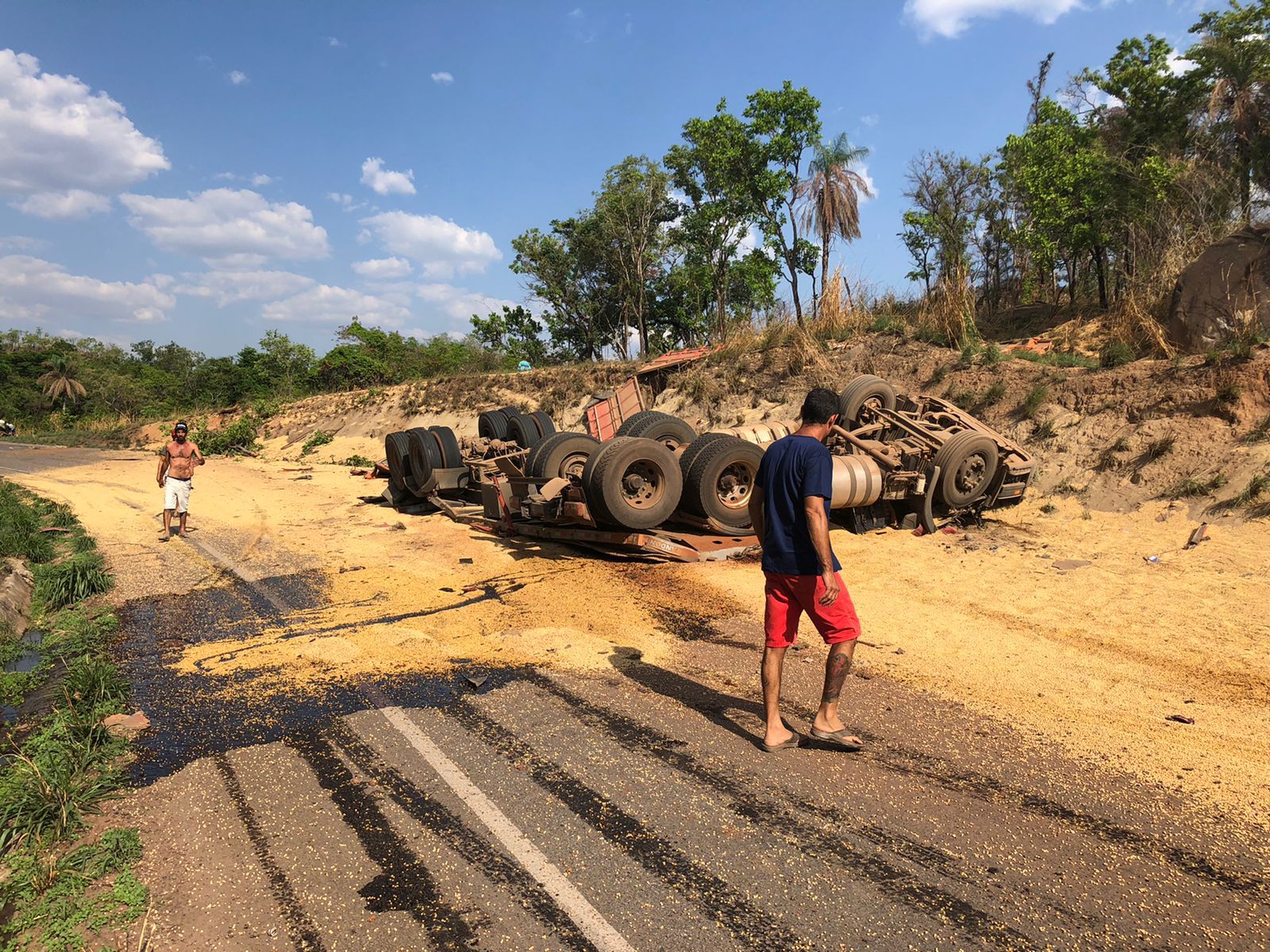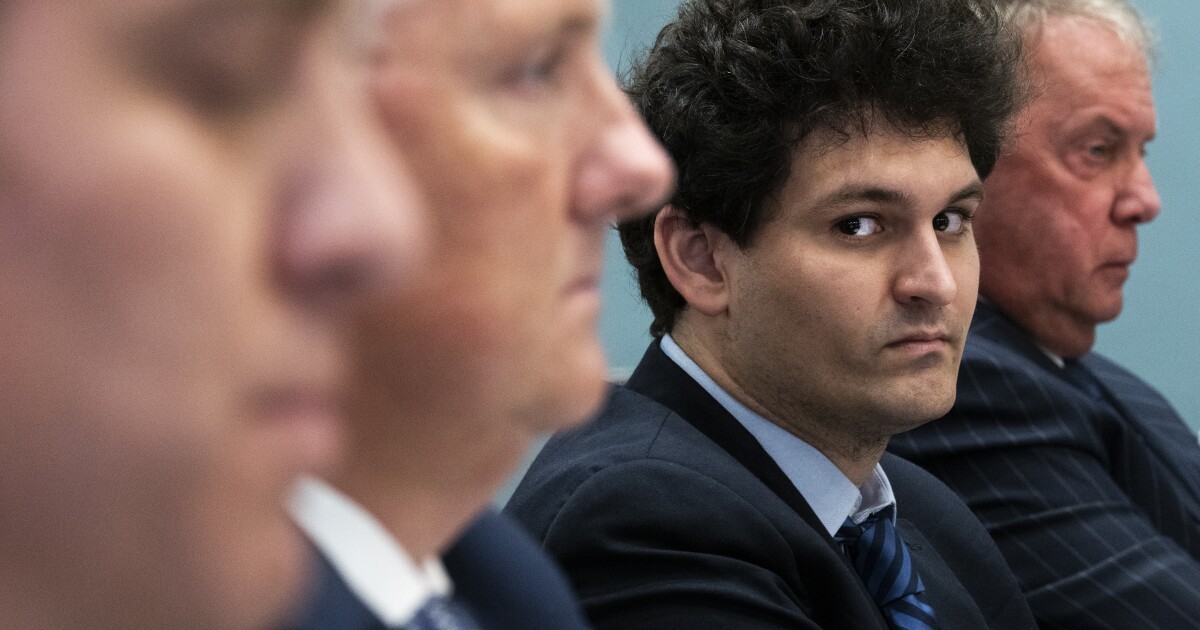As NEPWHAN, ASWHAN Decry Continued Discrimination Against People Living With HIV
The Joint United Nations Programme on HIV/AIDS (UNAIDS), has stressed the need to address the issues of stigma and discrimination against people living with HIV in Nigeria and ensure equal access to HIV treatment and services by the key population.
Country Director of UNAIDS in Nigeria, Dr Leo Zekeng, who made the call at the 2023 retreat of the UN Joint Team on AIDS in Lagos, observed that to achieve epidemic control in Nigeria, stakeholders must work to reduce new infections, reduce the mother to child transmission, reduce the treatment gaps by the key population.
Zekeng observed that tackling the inequalities and ensuring equitable access to quality HIV prevention, testing, treatment and care is critical to ending the AIDS.
The Joint UN Team on AIDS retreat discussed how public institutions could be strengthened to own, lead, manage a sustainable HIV programme in Nigeria.
In his remarks, National coordinator, Network of People Living with HIV/AIDS in Nigeria (NEPWHAN) Abdulkadir Ibrahim said stigma against people living with HIV was still a major challenge in Nigeria adding that a lot of people still find it difficult to test and know their status.
He stressed the need to ensure that HIV Program are community centered to be sustainable.
According to him, Community of PLHIV and Key Population Should be at the center in order to work as One to support Country Ownership, Leadership, Management & Accountability for a Sustainable HIV Program.
Ibrahim called for involvement of Community Groups, Networks and organizations in the delivery of HIV services across the 36 States and the Federal Capital Territory (FCT) adding that this will help to implement and sustain interventions beyond project duration as we progress in the transition plan.
He appealed to UNAIDS to support and ensure that Community Data are captured in national data, as well as capacity building for community members and institutional building through partnership and collaboration among community members.
In her presentation, National Coordinator of Association of Women Living With HIV and AIDS in Nigeria (ASWHAN), Easter Hindi decried poor or Non implementation of anti stigma bill at the state level and the poor access to RHR services for women and girls living with HIV .
She noted that there is inadequate and in most cases stock out of Rapid Test Kits (RTKs) in Prevention of Mother to Child Transmission (PMTCT) sites.
She expressed concern that babies are still born HIV and there is a low awareness for the uptake of ANC and PMTCT knowledge by pregnant women in rural area.
Hindi stressed the need to give ASWHAN the opportunity to be part of decision making board, planning and designing so as to voice their opinion on HIV programing and Gender Issues.
She also solicited UNAIDS support to enable ASWHAN design empowerment program for women living with HIV to leave a descent livelihood and contribute to HIV sustainability program.
On his part, the Coordinator, Nigeria Key Populations Health and Rights Network,(NKPHRN) Valor Basi Edu stressed the need to address issues around Stigma and Discrimination especially in Public health facilities by workers.
He called for dialogue with government on reducing legal barriers and policies that hinder Key population for having access to health care services which is their fundamental Right first as Humans, then as Citizens irrespective of sexual orientation.
Note: This article have been indexed to our site. We do not claim legitimacy, ownership or copyright of any of the content above. To see the article at original source Click Here













